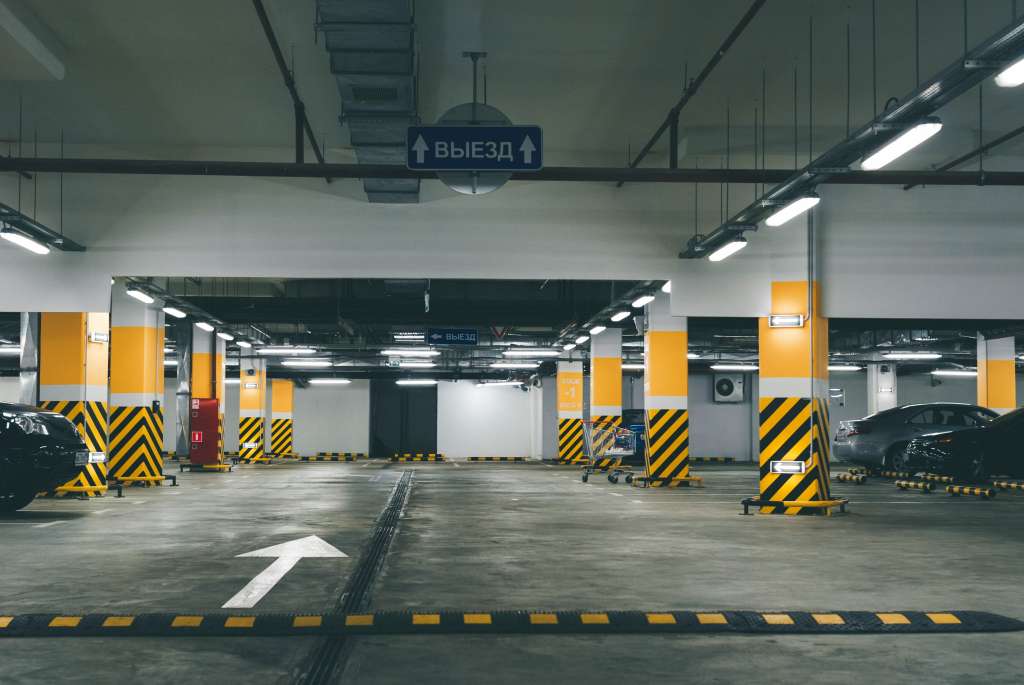Vacations should be about relaxation and enjoyment, not about dealing with hidden fees and unexpected rules. Let’s face it; nobody likes financial surprises. Luckily, with the proper preparation and a good budget plan, you can avoid these unexpected expenses. This blog helps you with budgeting tips for your vacation and will gives you a clear idea of the total budget required for your trip. Use the tips to create a better financial plan!
1. Vignette costs:

Lets start with the Vignette costs. The one we all hate. A vignette is a special sticker to use for specific roads. Some countries use these stickers to cover the costs of tolls and maintaining the roads. The price of these vignettes changes from country to country and might depend on how long you plan to stay. It’s crucial to figure out which roads or places require a vignette and buy one beforehand to avoid getting fined unnecessarily. Typically, these vignettes cost between 10 to 50 euros for short visits, depending on the country you’re in. You could also turn the toll roads off on google maps, by clicking on Google Maps> Put your destination in> click on the 3 dots>Options >turn on ”Avoid Toll Roads”. Keep in mind that this way does take you longer.
2. Environmental sticker costs:

In urban areas with environmental zones, vehicles may only enter if they meet specific environmental standards. Environmental stickers are used to identify these vehicles. These systems are implemented to improve air quality and reduce emissions. In Germany and France, cities have environmental zones where only vehicles with certain environmental stickers are allowed to drive. These stickers are assigned to vehicles based on their emission standards. Purchasing the correct environmental sticker may be mandatory, and costs vary by country. Non-compliance can result in fines or restricted access to certain areas. Environmental sticker costs usually range from 5 to 20 euros.
3. Tourist tax:
Many cities and regions levy a tourist tax as a contribution to the local government. This tax is often added to the costs of accommodations like hotels and vacation rentals. The rate may vary depending on the duration of your stay and the type of accommodation. Tourist tax is typically a small percentage of the accommodation costs, ranging from 5 to 12 euros per person per night.
4. Parking costs:
Travelers using a car should consider parking costs. Parking spots in cities can be expensive, especially in the city center. Additionally, some accommodations may charge extra for parking. Parking costs vary widely depending on the location. In city centers, daily parking rates can range from 10 to 50 euros.

5. Toll roads:

If you plan to travel on highways, toll roads may incur additional costs. Be sure to consider these costs when planning your route and check if electronic toll collection systems are available. Toll costs vary based on the distance traveled. For a longer trip on toll roads, expect to pay between 20 and 100 euros, depending on the route.
6. Travel insurance:
Getting a good travel insurance policy is crucial. This insurance can cover medical expenses, unforeseen cancellations, lost luggage, and other emergencies. The cost of travel insurance varies depending on the coverage and duration of your trip. For an average trip, expect to pay between 50 and 150 euros.
7. Visa fees:
For international travel, it’s important to check visa requirements. Obtaining a visa may incur costs, which vary by country and visa type. Visa costs vary by country and visa type. For an average tourist visa, expect to pay between 30 and 100 euros.
8. Fuel prices:

Consider the cost of fuel, especially if you plan to drive long distances. Fuel prices vary by country and region. Fuel prices vary widely by country. For a long car trip, expect to spend between 100 and 300 euros, depending on your vehicle’s fuel consumption.
9. Public transportation:
If you plan to use public transportation extensively at your destination, consider the costs of train, bus, or metro tickets. The cost of public transportation varies by city and frequency of use. For an average city visit, expect to spend between 20 and 50 euros.
10. Wi-Fi and phone costs:
International roaming charges can add up quickly. Consider using local SIM cards or travel packages to limit these costs. Wi-Fi costs are usually included in accommodations, but if you need extra data packages, expect to pay between 10 and 30 euros. Make sure to check if this is necessary within your data plan!
11. Tipping and service charges:
In some countries, it’s customary to tip in restaurants, to taxi drivers, and other service providers. Be sure to familiarize yourself with the customs at your destination. These costs vary, but a general estimate would be that tips and service charges amount to 5 to 10% of total spending on food and services.

By including all these costs in your travel budget plan, you can get a realistic picture of the total budget you’ll need for your trip. It’s always wise to research beforehand and carefully plan your budget to avoid unpleasant surprises.
Dealing with unexpected costs on a vacations always sucks. The key to avoiding this is planning and budgeting. Learn how to create a budget plan here, so you can enjoy your trip without draining your wallet!




